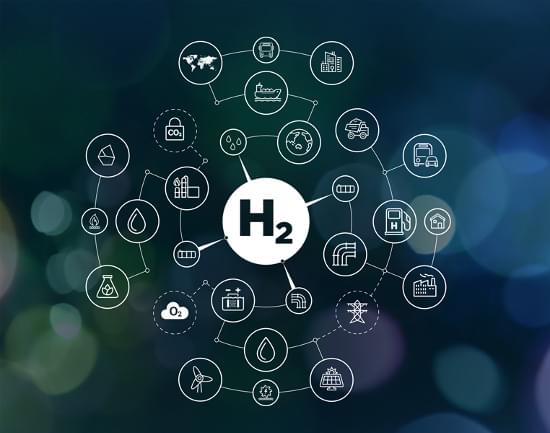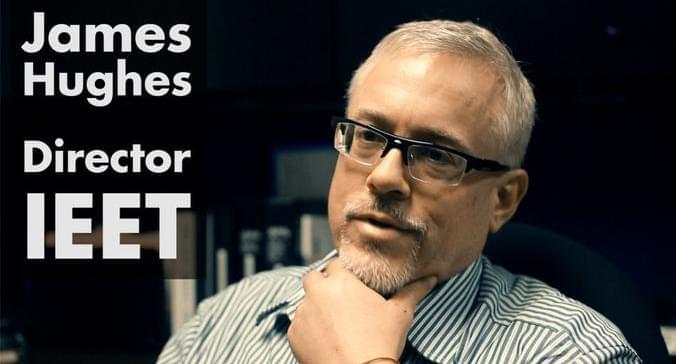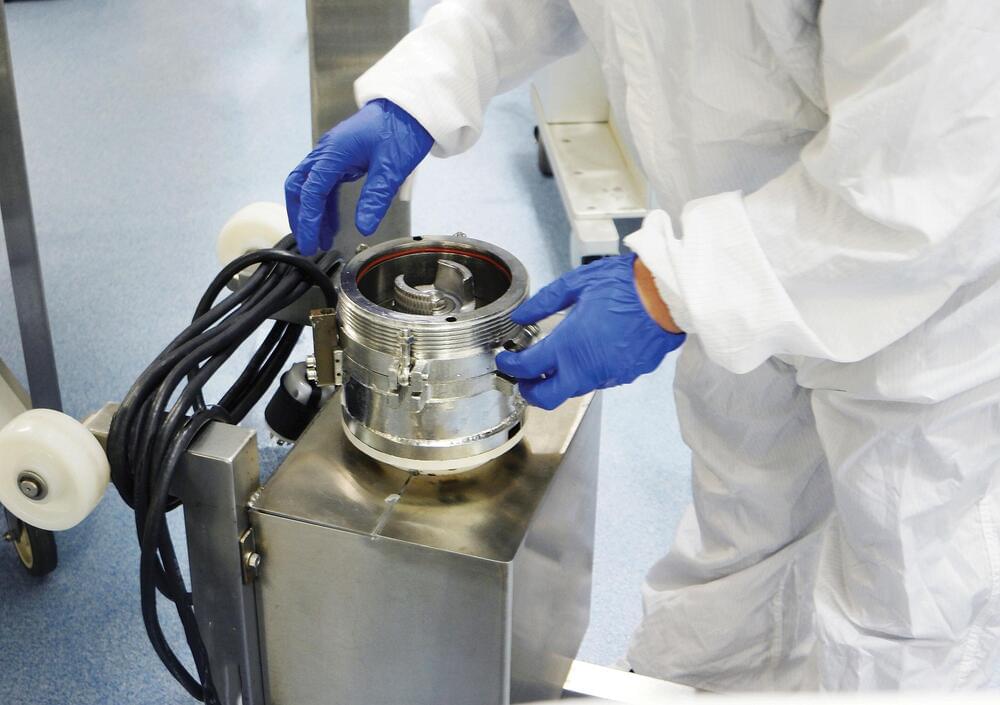Today we can eliminate landfills by incinerating much of the garbage we produce using net-zero-emissions waste-to-energy technologies.






One of the greatest achievements of mankind is the International Space Station, which brings together astronauts from across the globe to cooperate on groundbreaking research. The International Space Station (ISS) will be decommissioned in 2024, following which a new generation of space stations will take its place. When more people are able to travel space, new political and economic conflicts will be inevitable.
Low-Earth orbit is becoming less important as NASA shifts its attention to transporting people to the moon and ultimately Mars. During this transition, the space agency plans to lease out space stations operated by private corporations for its astronauts to use. ISS will burn up and disintegrate in the atmosphere when the new stations are ready.
Anyone who wants to work in space at some time in the future will be forced to pick among a number of different locations. That implies that governments will not only be employing these new stations to improve their national space programs but also as lucrative economic endeavors, too.

Topic: James Hughes — The Future of Work (Future Day Talk) Time: Mar 1, 2022 08:00 AM Canberra, Melbourne, Sydney Join Zoom Meeting https://us02web.zoom.us/j/81306102463?pwd=eDBldno3cUdZZGcxVHoxNEJ1RkgrUT09 Meeting ID: 813 0610 2,463 Passcode: Q6VzpF
As part of the annual Future Day celebration, James Hughes will join us that may concern you — ‘The Future of Work’. Zoom details coming soon!
Abstract: The pandemic has launched a debate about the future of work around the world. Those who can work remotely have often found they prefer remote or flexible, hybrid options. The Great Resignation has put upward pressure on wages and benefits in the service sector, encouraging the implementation of automation. Climate change mitigation is encouraging a shift towards “green jobs.” Rapid changes in the labor market have made the payoffs of higher education uncertain for young people, while many societies are entering an old-age dependency crisis with too few workers paying taxes for growing numbers of pensioners. Before the pandemic proposals for universal basic income (UBI) were seen as necessary adaptations to imminent technological unemployment, and the during the pandemic many countries provided temporary UBI to keep people safe. We are now poised for a global discussion about whether we need to work at all, and what kinds of jobs are desirable.


Medcalf: Because you’re moving away from the economics of scale to closer to the clinic, the batches are smaller and some of the traditional paradigms for quality assurance, such as proof of sterility, are harder to arrange. Thus, you need to have a manufacturing system that includes quality assurance within the system itself.
Automation is often presented as a way to remove the single largest source of infective risk, i.e. the human operator. For example, the self-sterilizing reusable units being developed at the University of Osaka under Professor Masahiro Kino-oka allow small-scale production with a high degree of confidence in the aseptic management of the environment.
Another challenge is defining a product that has variable characteristics. The main reason for decentralizing is to allow customization to a patient, which means you need to have a hierarchy of levels of specification. For example, with bioprinting, which also produces a customized product, you need to define bulk properties, but you also need to set constraints around how it’s anchored or implanted into the patient.

Astronauts representing countries in direct armed conflict have never worked on the space station. Right now, the International Space Station crew consists of U.S. astronauts Raja Chari, Mark Vande Hei, Thomas Marshburn and Kayla Barron; Matthias Maurer, a German from the European Space Agency; and Russian cosmonauts Anton Shkaplerov and Pyotr Dubrov.
Economic sanctions may affect the space programs on Earth, Mastracchio says, but the space-station crews never saw the impact of anything. “The programs themselves still get along,” he says. “It was really just, we were friends before we went up to space, and you’re working up there relying on each other and you continue to do that.” Chamitoff says he wishes the world would take more notice of cooperative operations in space, which could be a better model for how to do things geopolitically. “The space station has been an amazing project that’s brought 15 countries together for 30 years,” he says. “When things like this happen and there’s these kind of tensions, you kind of wonder, ‘Does anybody notice that we’re working together and it’s going great?’”
Full Story:
The world is on a knife’s edge, but astronauts who’ve worked on the International Space Station during times of crisis say they experienced nothing but friendship.

Rutgers professor Jason Barr has proposed adding 1,760-acres of reclaimed land, named New Mannahatta, to the tip of Manhattan to provide housing and combat climate change.
Called New Mannahatta in reference to the indigenous name for the island in New York, the plan would extend Manhattan Island into New York Harbor beyond the Statue of Liberty.
Barr, a professor of economics at Rutgers University, outlined his plan in an opinion piece directed at the city’s mayor Eric Adams, which was recently published in the New York Times.